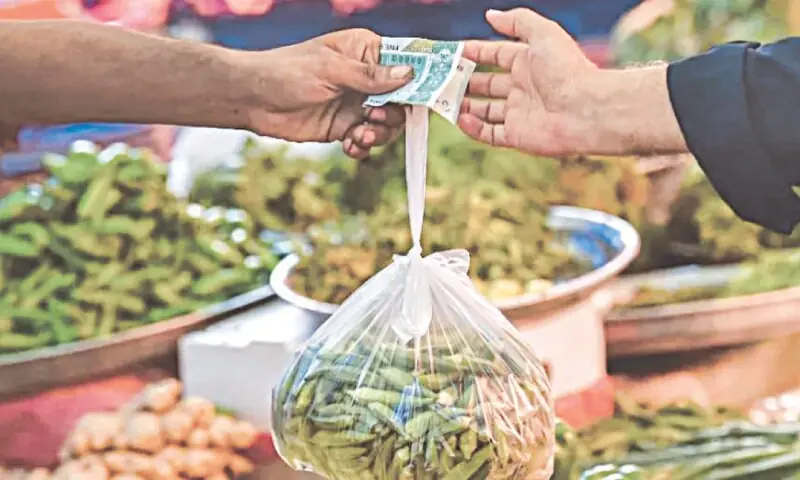On Nov 1, the government announced another painful increase in fuel prices: petrol rose by Rs2.43 per litre to Rs265.45 and high-speed diesel by Rs3.02 to Rs278.44.
On paper, these may appear as routine adjustments; for millions of Pakistanis already grappling with a relentless cost-of-living crisis, they represent another seismic shock to their budgets.
Each fuel price hike does not exist in a vacuum; it sends inflationary tremors through the entire economy, rippling across transport fares, food markets, electricity bills, and industrial costs. This chain reaction ensures inflation lingers long after the headlines fade, embedded in daily life.
Pakistan’s persistent inflationary pressure is a complex crisis born of three interlocking pillars: domestic supply shocks, internal policy contradictions, and import vulnerabilities.
Persistent inflation distorts behaviour; businesses delay expansion, and families compromise on nutrition and heal
Continue Reading on Dawn
This preview shows approximately 15% of the article. Read the full story on the publisher's website to support quality journalism.
